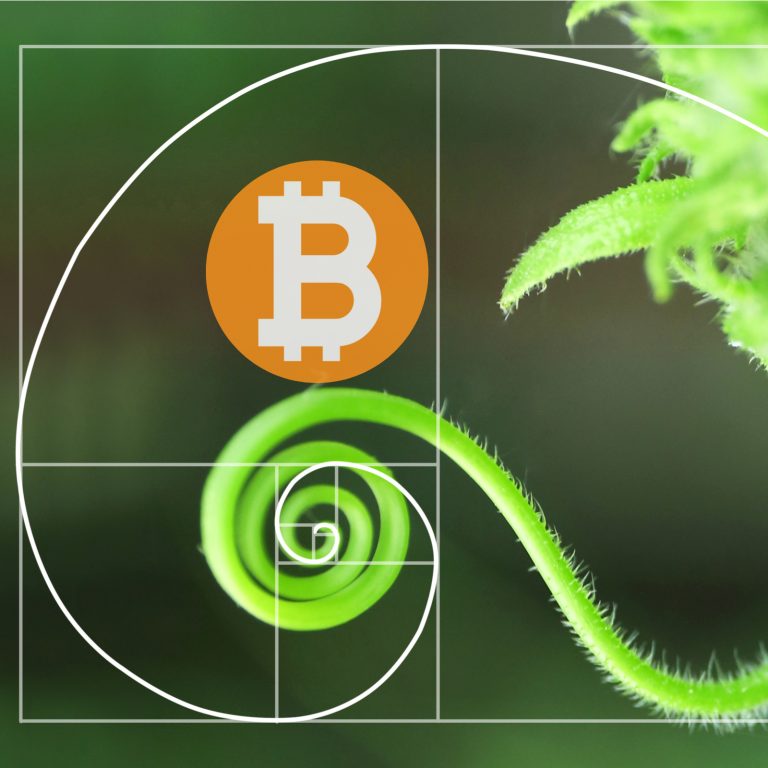Tidbits: Todd on Passphrase Memorization, Antonopoulos Explains Transaction Fees
source: Bitcoin News
2019. Jan. 23. 09:59

Tidbits is a roundup of talking points from across the cryptosphere. In this edition, Peter Todd suggests memorizing randomly generated passphrases to secure recovery keys. Amaury Séchet explains how the BCH community faces an uphill battle with adoption, and Andreas Antonopoulos explains why transaction fees don’t show up as a transaction output in the block explorer.
Also read: Hollywood Actor Kevin Connolly Directs New Television Pilot ‘Cryptos’
Peter Todd Recommends Memorizing Randomly Generated Passphrases
Cryptographer Christopher Allen recently asked his followers if they keep redundant copies of their own recovery keys. One commentator responded to the thread, arguing that it was safe to keep multiple copies of recovery keys as long as they are properly protected by a good passphrase. Adding to that train of thought, Bitcoin pundit Peter Todd explained that it was important to use and memorize randomly generated passphrases to protect recovery keys. Todd also practices this himself, because unauthorized access of recovery keys is riskier than losing access to them.
Personally, I *do* rely 100% on memorizing randomly generated passphrases for quite a lot of stuff, because I considered unauthorized access more of a risk than losing access. But I also have unencrypted backups of other things. Case by case decisions.
— Peter Todd (@peterktodd) January 22, 2019
Amaury Séchet on BCH’s Uphill Battle With Adoption
Bitcoin ABC lead developer Amaury Séchet has explained how he has been warning the crypto community about negative merchant adoption since 2017. In the past, BTC users were able to purchase Dell computers, Steam games and goods from numerous merchants with BTC.
People who joined the cryptocurrency space over the last 2 years or so (probably the majority by now) may not realize this, but you used to be able to purchase @Dell computer, games on @steam_games and numerous shops. 1/2 https://t.co/W7kTla58VF
— Deadal Nix (@deadalnix) January 22, 2019
Séchet went on to explain that BCH has fixed the issues that caused merchants to stop accepting BTC as a means of payment, but the BCH community is now facing an uphill battle to reboot merchant adoption. He finished the thread on a hopeful note, explaining that increased merchant adoption could help hasten the return of a crypto bull market.
Andreas Antonopoulos Explains Transaction Fees
Mastering Bitcoin author Andreas Antonopoulos recently put out a video explaining why transaction fees don’t show up as a transaction output in block explorers.
Antonopoulos explained that transactions do not include a specific output for fees in the block explorer, because fees are not explicitly part of the transaction. One of the reasons fees are not part of the output is that the address of the miner is unknown at the time the transaction is made. Also, if fees were an output, then there would be an extra output in every transaction. So if there were 4,000 transactions in a block, there would be 4,000 extra outputs for fees. This would not make sense, as all the fees of the transactions in that block would go to one miner or one mining pool.
Instead, fees are just the difference between the inputs and outputs of a transaction. Bitcoin users create a fee in a bitcoin transaction by funding the transaction with inputs, and then spending less than the entire amount. Whatever is left over goes to miners as fees.
What do you think about the concept of memorizing randomly generated passphrases? Let us know in the comments below.
Images courtesy of Shutterstock.
Bitcoin is a decentralized digital currency that enables near-instant, low-cost payments to anyone, anywhere in the world. Bitcoin uses peer-to-peer technology to operate with no central authority: transaction management and money issuance are carried out collectively by the network. Read all about it at wiki.Bitcoin.com.
The post Tidbits: Todd on Passphrase Memorization, Antonopoulos Explains Transaction Fees appeared first on Bitcoin News.





